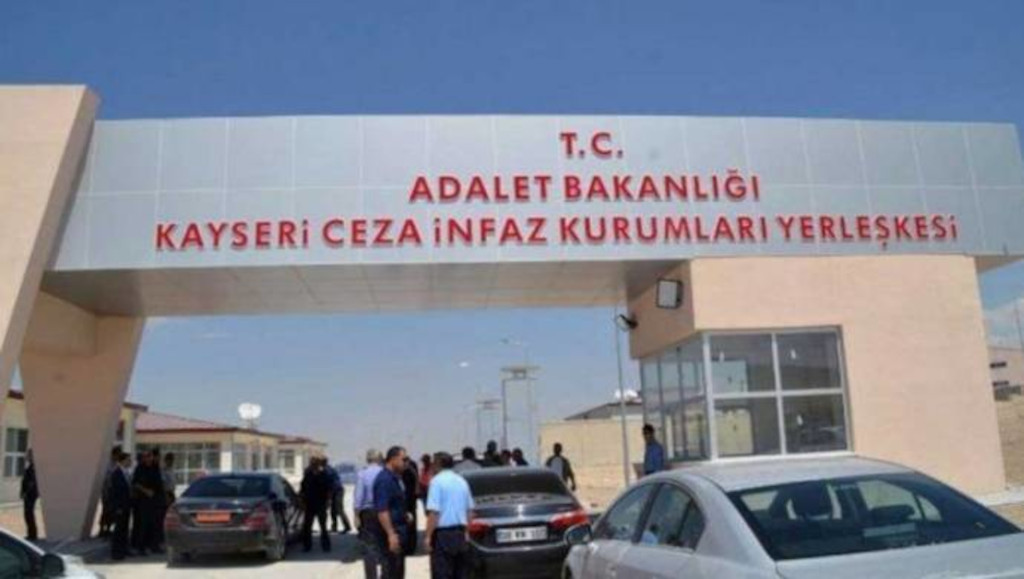An inmate released from central Turkey’s Kayseri Bünyan Prison said he witnessed torture and mistreatment, which have become commonplace in the facility, the Stockholm Center for Freedom reported on Wednesday.
Speaking to Hacı Bişkin from the Duvar news website, İsmail Bayram, 33, said one inmate was subjected to falaka, the beating of the soles of the feet, and then made to walk on salt. According to Bayram the inmate’s name was Alperen and he could not walk for weeks after the ordeal.
Bayram said they were treated like animals in prison. “People need to know what is going on in Kayseri,” he said. “The guards would come to the cells at 5 a.m. and bang on the metal bars. They would start shouting at us, and we couldn’t say anything because we were afraid of being punished.”
Bayram said his 60-year-old father was also in the same prison. The guards put another inmate who tested positive for COVID-19 in the same cell as his father. “He suffers from renal failure, yet they put a sick inmate with him. What if something happened to my father? Who would be held accountable?” Bayram said.
Adding that critically sick inmates were often put in cells with other inmates instead of an infirmary, Bayram urged authorities to take action.
Torture and mistreatment in Kayseri Bünyan Prison was discussed in parliament by Ömer Faruk Gergerlioğlu, a deputy from the Peoples’ Democratic Party (HDP). In a parliamentary question addressing the Justice Ministry, Gergerlioğlu asked if it was true that COVID-19 positive inmates were kept together with healthy inmates and if the number of sick inmates had risen.
“If the allegations are true, then what is the health condition of these inmates? Have they also contracted the virus? Does the ministry know about the situation in this prison?” Gergerlioğlu asked.
He also asked if the ministry had thoroughly investigated allegations of torture and whether perpetrators had been dismissed from public service.
According to a report by the UN special rapporteur on torture and other cruel, inhuman or degrading treatment or punishment, on his mission to Turkey from November 27 to December 2, 2016, “torture and other forms of ill-treatment were widespread” in Turkey. “[T]here seemed to be a serious disconnect between declared government policy and its implementation in practice,” the special rapporteur noted.
The report found there were numerous consistent allegations received by the special rapporteur in the immediate aftermath of a failed coup in 2016 and that torture and other forms of ill-treatment were widespread.
The special rapporteur heard persistent reports of severe beatings, punches and kicking, blows with objects, falaka, threats and verbal abuse, being forced to strip naked, rape with objects and other sexual violence or threats thereof, sleep deprivation, stress positions and extended blindfolding and/or handcuffing for several days, according to the report.

